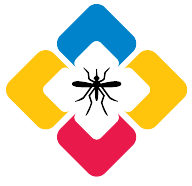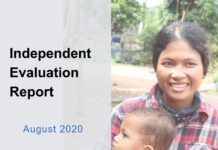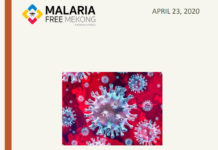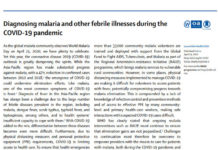The call in WHO’s Global Technical Strategy for Malaria 2016-2030, “Transform malaria surveillance into core intervention” has encouraged malaria programs in the GMS to re-orientate their country’s surveillance system. Recent qualitative research shows that as opposed to a centralized strategy, there is a need to customize malaria control and elimination strategies in response to this improved surveillance data. While systems have improved, they are not yet perfected. Civil society organizations playing complementary roles in malaria surveillance systems see the following major areas that require improvement in our efforts to better serve communities with more data-driven actions and, therefore, achieve the common goal of malaria elimination.
- Strongly encourage and allocate resources to fully integrate community health workers and private providers into routine national malaria surveillance system
- Strongly encourage NMCPs to give access to routine national surveillance data to all malaria partners, including CSOs, and provincial/district levels of the health system
- Strengthen evaluation of RAI implementation, including use of surveillance data fro programmatic decision-making








